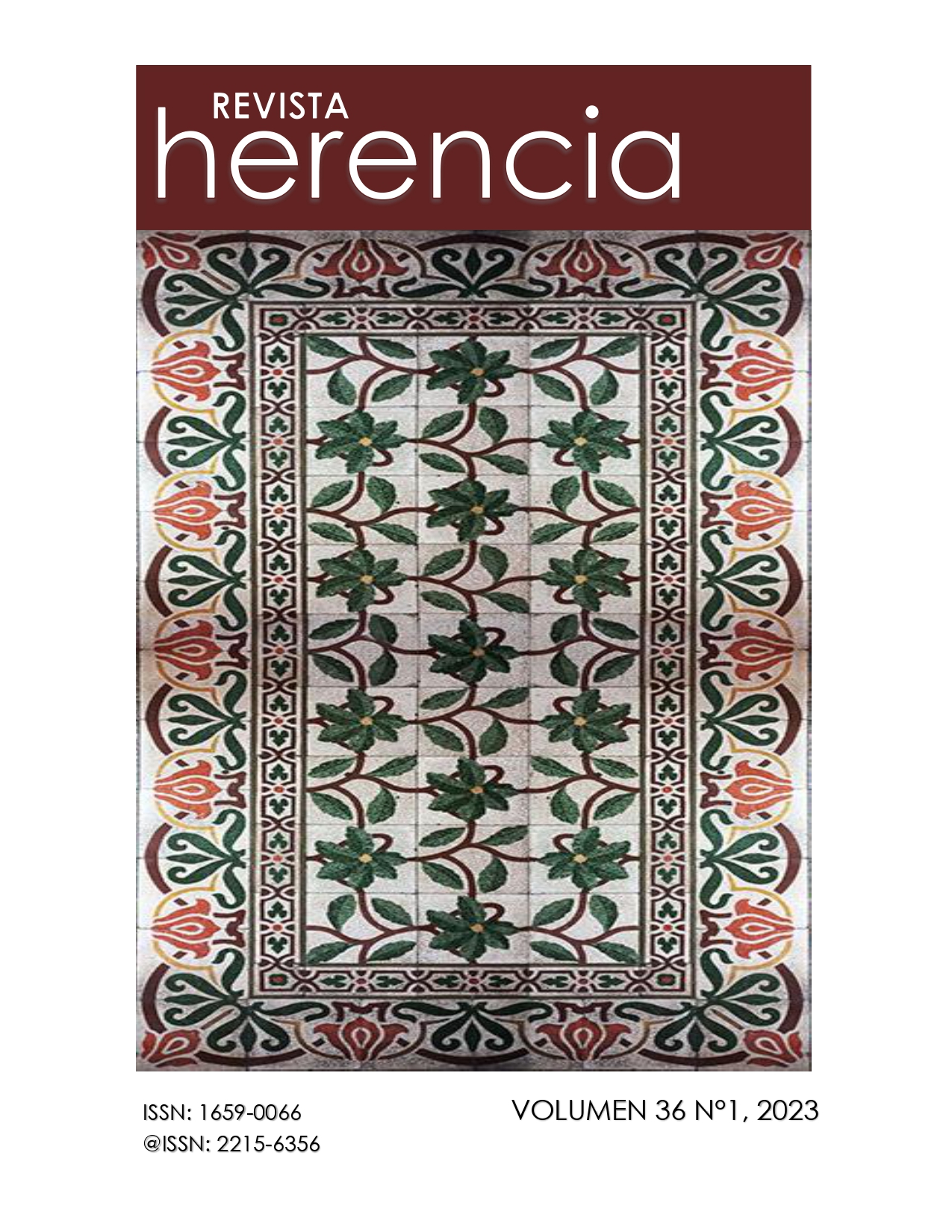Abstract
This paper describes the experience of the project Los siete ratones ciegos dan la vuelta al mundo, developed in the Bilingual Elementary School Emiliano Zapata of Sector 02 of the Indigenous Education System from Puebla state (Mexico), and also how teachers, students, mothers and fathers, as well as collaborators from all over the world gathered to celebrate International Mother Language Day. At the same time, we propose a reflection on the implications both pedagogic and intercultural, as well as human, of a collective exercise. From the critical perspective of both literacy and discourse studies and linguistic diversity studies, we account how the school-academic, the literary and the personal identity, as well as the emotional, are articulated in a horizontal and transversal exercise of knowledge construction within intercultural education. Through the pedagogical exercise described, it was possible for the indigenous students of this school to shape their identity from the value of their first language in dialogue with other languages and not from the conception of a vulnerable group.
References
Corona Berkin, S. (2019). Producción horizontal del conocimiento. Bielefeld University Press, Universidad de Guadalajara, Editorial UCR, UNSAM Edita y FLACSO.
Gee, J. P. (2015). Social Linguistics and Literacies. Ideology in Discourse. Fifth edition. Routledge.
Hernández Zamora, G. (2010). Decolonizing Literacy. Mexican Lives in the Era of Global Capitalism. Multilingual Matters.
Hernández Zamora, G. (2019). De los nuevos estudios de literacidad a las perspectivas decoloniales en la investigación sobre literacidad. Íkala, Revista de Lenguaje y Cultura, 24(2), 363-386.
Launey, M. (2003). Los lingüistas y los antropólogos ante las lenguas y quienes las hablan. Caminos cruzados. Ensayos en antropología social, etnoecología y etnoeducación. IRD Éditions, Universidad de los Andes.
Lewinson, M., Leland, C. & Harste, J. (2007). Creating critical classrooms: K-8 reading and writing with an edge. Taylor & Francis Group.
Martin, J. R. (2004). Positive discourse analysis: Power, solidarity and change. Revista Canaria de Estudios Ingleses, 49, 179-200.
McLaren, P. (1988). Culture or canon? Critical pedagogy and the politics of literacy. Linguistics and Education, 18, 283-304.
Moje, E. & Luke, A. (2009). Literacy and Identity: Examining the Metaphors in History and Contemporary Research. Reading Research Quarterly, 44. https://doi.org/10.1598/RRQ.44.4.7
Podestá Siri, R. (2007). Encuentro de miradas. El territorio visto por diversos autores. Secretaría de Educación Pública.
Escuela Primaria Bilingüe Emiliano Zapata e Instituto de Ciencias Sociales y Humanidades, Benemérita Universidad Autónoma de Puebla. (2021). Los cientos de ratones ciegos. Proyecto Los siete ratones ciegos dan la vuelta al mundo. Puebla, México. https://sites.google.com/view/los-cientos-de-ratones-ciegos/nosotros?authuser=0
Rogers, R. (2018). Reclaiming Powerful Literacies. New Horizons for Critical Discourse Analysis. Routledge.
Rogers, R. y Mosley, M. (2014). Designing Critical Literacy Education through Critical Discourse Analysis. Pedagogical Research Tools for Teachers Researchers. Routledge, Taylor and Francis Group.
Tovar, P. (2019). Entrevista a Yásnaya Aguilar. Indígena es una categoría política transitoria e históricamente determinada. Río-Latir, Revista-Red de Antropología del arte. https://www.rio.latir.com.mx/entrevistas/indigena-es-una-categoria-politica-transitoria-e-historicamente-determinada/
Yoon, B. y Rukhsar S. (eds.). (2015). Critical Literacy Practice. Applications of Critical Theory in Diverse Settings. Springer.
Young, E. (2015). Siete ratones ciegos. Ediciones Ekaré.
##plugins.facebook.comentarios##

This work is licensed under a Creative Commons Attribution-NonCommercial-ShareAlike 4.0 International License.
Copyright (c) 2023 María Andrea Vázquez Ahumada; Ana Lucía Zamudio; Elizabeth Martínez Buenabad


